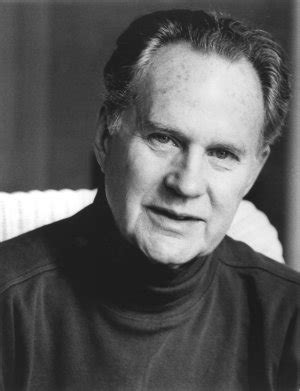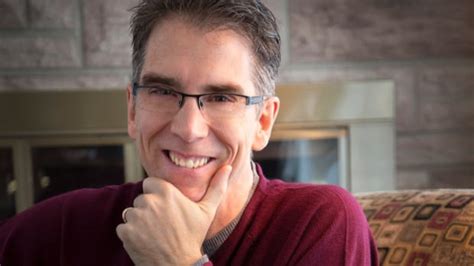A Quote by Martha Beck
Our thoughts about an event can have a dramatic effect on how we go through the event itself. When our expectations are low, it's easy to be pleasantly surprised. When they're not, we're vulnerable to painful disappointment. Because of this, many people spend a good deal of effort trying to avoid developing high hopes about anything.
Related Quotes
Surely the memory of an event cannot pass for the event itself. Nor can the anticipation. There is something exceptional, unique, about the present event, which the previous, or the coming do not have. There is livingness about it, an actuality; it stands out as if illumined. There is the "stamp of reality" on the actual, which the past and future do not have.
For many of us, conversion is an ongoing process and not a onetime event that results from a powerful or dramatic experience. Line upon line and precept upon precept, gradually and almost imperceptibly, our motives, our thoughts, our words, and our deeds become aligned with the will of God. Conversion unto the Lord requires both persistence and patience.
I was actually quite surprised how many more mythologies there are about mermaids than the ones our society knows. I was so pleasantly surprised for 'Siren' to add quite an original idea to that: One that is a predator. One that is very intelligent but still has to survive in the ocean with all of its challenges.
A terrorist, massive, casualty-producing event [will occur] somewhere in the Western world - it may be in the United States of America - that causes our population to question our own Constitution and to begin to militarize our country in order to avoid a repeat of another mass, casualty-producing event.
How our governments need standards of integrity! How our communities need yardsticks to measure decency! How our neighborhoods need models of beauty and cleanliness! How our schools need continued encouragement and assistance to maintain high educational standards! Rather than spend time complaining about the direction in which these institutions are going, we need to exert our influence in shaping the right direction. A small effort by a few can result in so much good for all of mankind.
This is not remarkable, for, as we know, reality is not a function of the event as event, but of the relationship of that event to past, and future, events. We seem here to have a paradox: that the reality of an event, which is not real in itself, arises from the other events which, likewise, in themselves are not real. But this only affirms what we must affirm: that direction is all. And only as we realize this do we live, for our own identity is dependent upon this principal.
One of the most astonishing things about Jesus is that as God he actually chose to come into our fallen, sick, twisted, unjust, evil, cruel, painful world and be with us to suffer like us and for us. Meanwhile, we spend most of our time trying to figure out how to avoid the pain and evil of this world while reading dumb books about the rapture just hoping to get out.



































